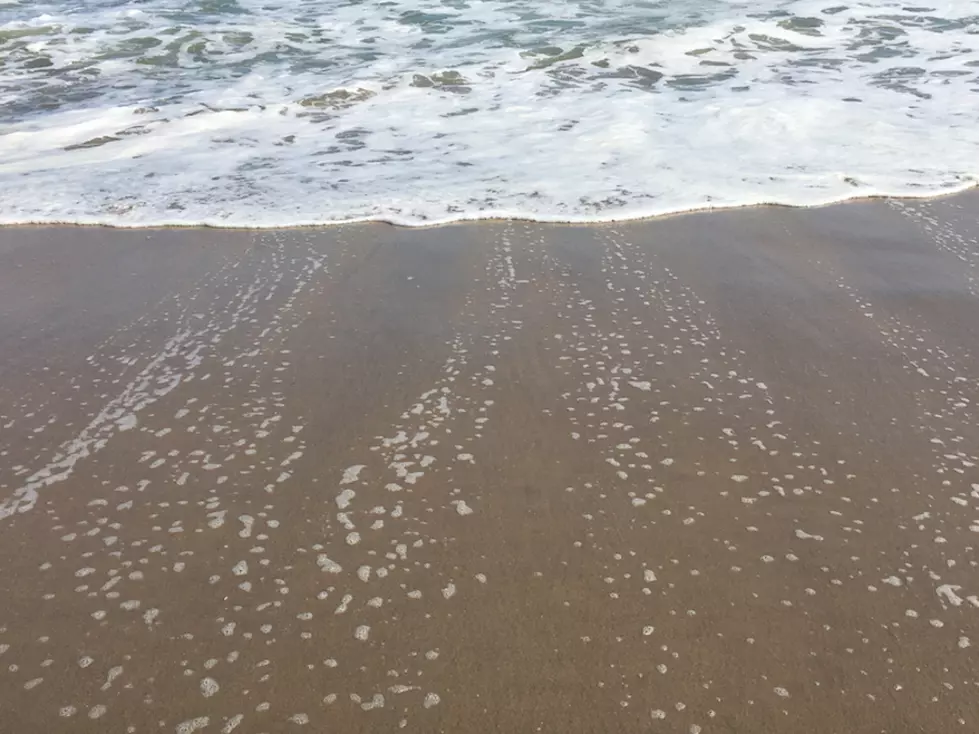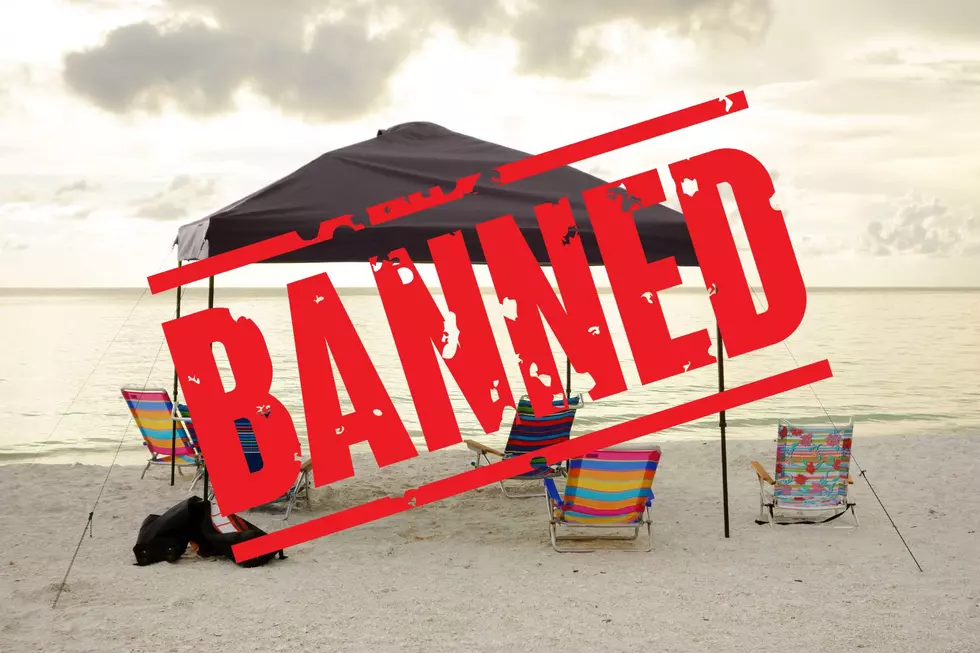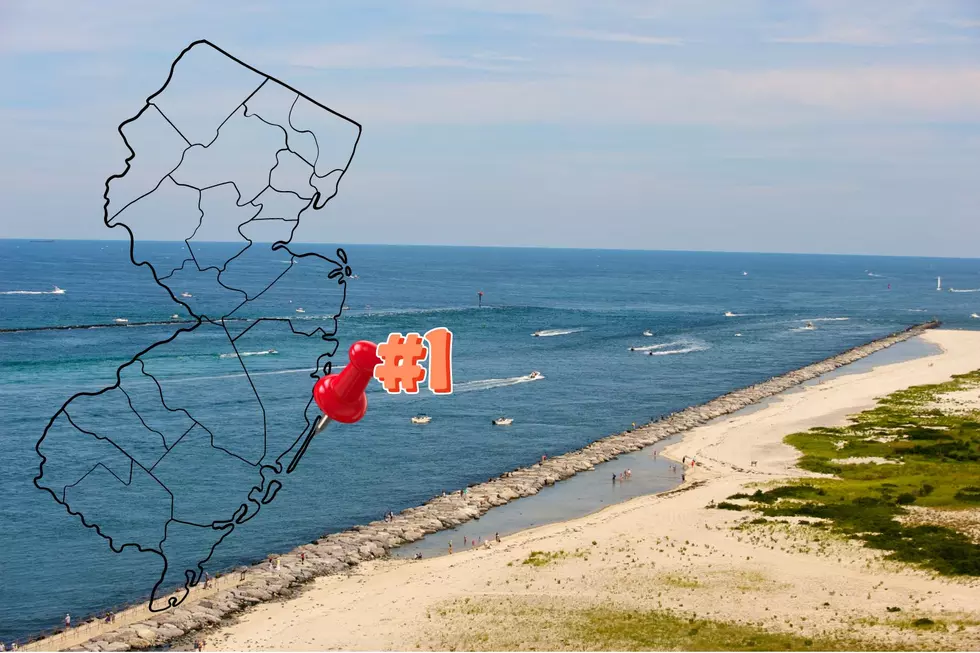
Will NJ close the beach? How water quality testing works
A sign that summer is just around the corner: Testing for fecal bacteria has begun off New Jersey's beaches.
Marking the 45th anniversary of the state's Cooperative Coastal Monitoring Program, water quality tests launched Monday at hundreds of ocean, bay and river beaches. Coastal surveillance of the shore begins May 20, ahead of Memorial Day weekend.
"We have over 600 coastal swimming beaches in New Jersey, and we sample 216 stations routinely," said Sheri Shifren, who manages the Department of Environmental Protection's monitoring program. "Our sampling is conducted to determine if water quality at the beach meets the state standard for fecal indicator bacteria, and whether the beach will be open for swimming."
When would a beach close for swimming?
Typically, swimming is only prohibited after two consecutive days of poor test results.
The state code requires that the concentration of Enterococci, a type of bacteria found in animal and human waste, not exceed 104 colonies per 100 milliliters of sample.
When a sample exceeds the state standard, a swimming advisory is posted.
"The beach remains open to swimming, but the public should make their own decision whether they should go in the water," Shifren said.
Additional samples of the water in question are taken the next day, as certified health inspectors survey the area to identify potential pollution sources.
If two consecutive daily samples exceed the standard, public bathing is prohibited at that beach until sample results are below the standard. Other beach activities, such as sunbathing, are unaffected.
Closings can also be caused by wash-ups of debris or medical products, extreme weather events, or breaks or spills to sewer lines that feed into a bathing beach.
What's the risk?
An exceedance of the state standard could cause gastrointestinal and respiratory issues for swimmers.
Swimming in or contact with the water, according to DEP, can result in any one or more of the following symptoms:
- Nausea
- Vomiting
- Diarrhea
- Abdominal pain
- Sore throat
- Cough
- Runny nose/Sneezing
- Skin rash and itching
- Ear and eye irritation
- Fever and chills
Most of the time, these symptoms are minor, DEP said. But they can occasionally be more serious, especially in children and the elderly.
How often is this a problem?
Throughout the 2018 beach season, more than 4,000 samples were collected. Ninety-eight percent of the ocean samples, and 95% of the samples overall, were within the state standard.
Exeedance closures were recorded just four times in 2018 at ocean beaches, along with four closures at bay beaches and 13 at river beaches. Elevated levels of fecal bacteria, Shifren said, occur after rainfall.
"The more development, the more pavement, the more runoff," she said. "And the rain that comes in contact with the pollutants on the ground carries them through the pipes to our waterways."
On seven occasions in Monmouth County last year, four beaches were closed automatically when an additional stormwater outfall pipe was opened nearby in order to handle excessive rains.
How do I know if I'm safe to go in the water?
Water quality tests are conducted each Monday from now through September. Results typically take about 24 hours and can be found on Tuesdays at njbeaches.org. If a beach is included under the "advisories" tab, check back the next day to see whether it's been cleared or moved to the "closures" list.
Findings from DEP's coastal surveillance flights can be found on the site as well. Flights occur six days a week.
More from 105.7TheHawk:
More From 105.7 The Hawk










